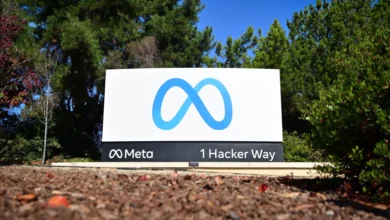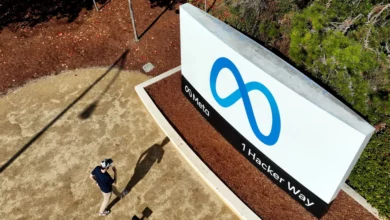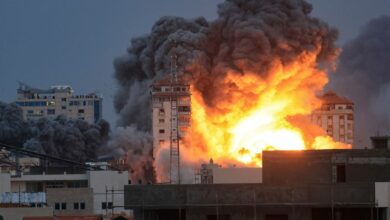The military prosecutor on Friday summoned a journalist who recently wrote about the unlawful appointment of the son of General Mamdouh Shaheen, a member of the ruling Supreme Council of the Armed Forces (SCAF), to an academic position.
Mahmoud al-Daba, a journalist at the independent weekly Sawt al-Omma, alleged that Shaheen's son was appointed lecturer at Al-Azhar University's Faculty of Medicine in violation of university regulations, as there were others with higher grades more deserving of the job.
In September, the weekly magazine was confiscated after criticizing Egypt's General Intelligence Services for failing to hand over CCTV footage of Tahrir Square during the 25 January revolution. The footage was shot by cameras located on the premises of the Egyptian museum.
Observers believe that Shaheen, who serves as the assistant minister of defense for legal and constitutional affairs, is one of the most important figures in the military junta, being the person responsible for drafting the majority of the laws regulating Egypt's political landscape during the current transitional period.
Abdel Halim Qandil, editor in chief of Sawt al-Omma, said the military prosecutor officially summoned Daba, but as the editor in chief of the newspaper he told the military judiciary that he rejects the summons.
Since military tanks took to the streets following the withdrawal of the police forces on 28 January, nearly 12,000 civilians have been brought before military tribunals. Since seizing power after the fall of former President Hosni Mubarak, the military has also summoned various activists and journalists for questioning.
In May, three journalists, Hossam el-Hamalawy, Reem Maged and Nabil Sharaf al-Din, were summoned to appear before military judges in relation to what the military perceived as criticisms of the SCAF.
Qandil said that the issue of Shaheen's son is not a military issue. “Shaheen's son is a civilian and the whole problem should be dealt through Al-Azhar University's Faculty of Medicine. Only the normal judiciary should investigate the case.”




